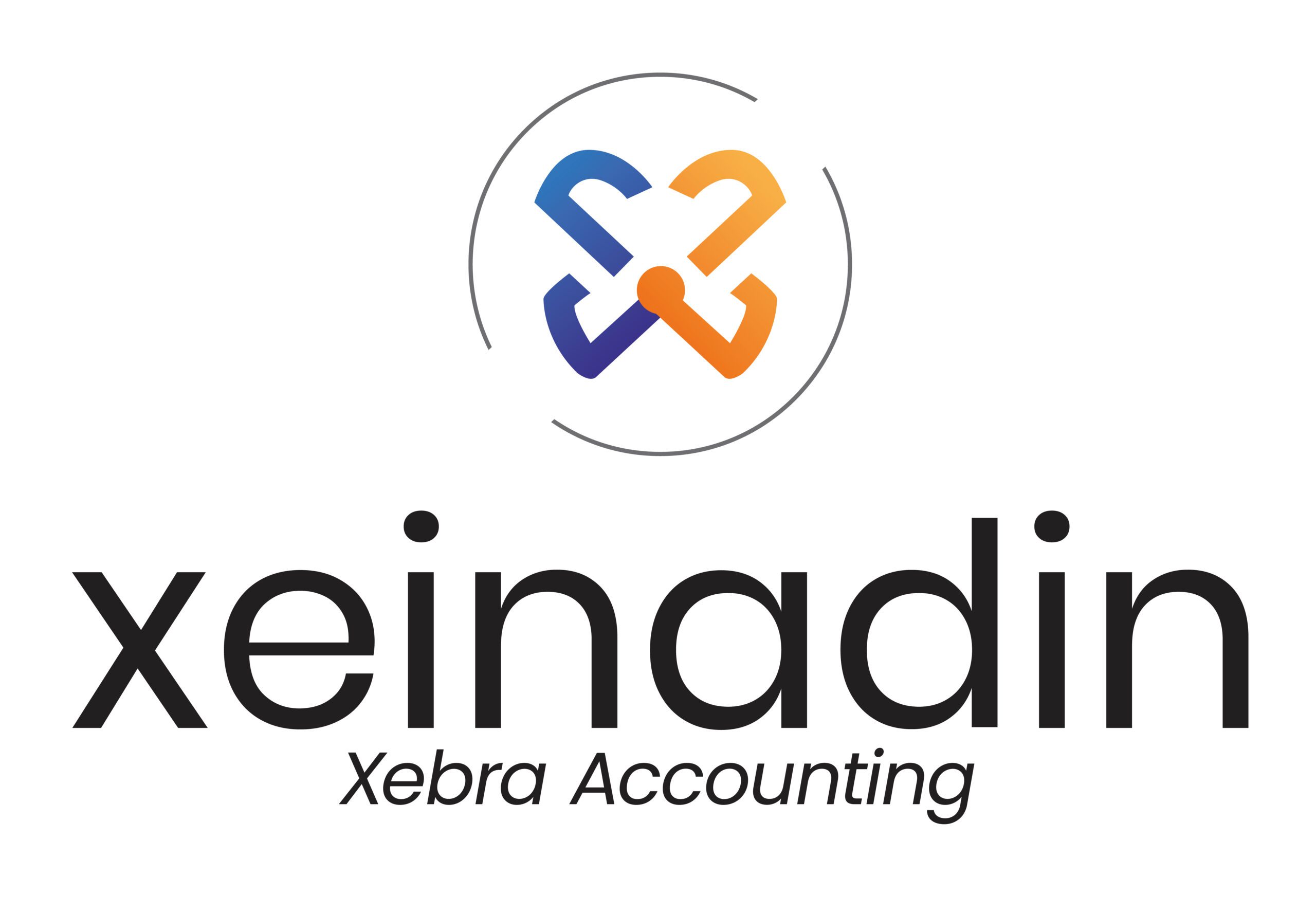We all try hard to remember information, and every minute of every day we add to that information.
Take notes at meetings, or when on the telephone. Record them in a book. And when the book is full, start another. But what do you do if you simply cannot remember? Have you a fall back position?
Make a mnemonic device to help you remember. Mnemonic devices help make information easier to remember. Create a rhyming song out of the information, or assign an acronym that you won’t forget. This works great with locker combinations, passwords, PINs, and chronological information.[1]
- If you set the information that you need to know to a catchy tune, it’ll be easier to remember it. Try out nursery rhymes or pop songs to get the information stuck in your head.
Common Mnemonic Devices
ROY G BIV stands for the colours of the rainbow.
Please Excuse My Dear Aunt Sally (PEMDAS) represents the order of operations for maths equations.
Write or say the information repeatedly to remember it. Writing and speaking are very helpful for remembering information. Try writing down a new phone number or address 20 times when you want to memorise it. Then, turn the paper over and recite the number or address out loud 20 more times. If you don’t have a pen or paper, try saying the information out loud to another person, which can also help you remember.
- Some people can also benefit from reading the information out loud as they write it. This will help your brain to “access” the information, making it easier to recall when you need it.
- If writing the information 20 times doesn’t help, try 50 or 100 times. It might be time consuming, but it’s worth the effort if the information is important.
Ask yourself questions about the information. If you’re trying to remember something that you read in a book or article, quiz yourself after you finish a section. Go over the most important information, the main points, and some of the specific information, like statistics, that you read.
- This is a helpful technique for studying for a test or exam. You can even write up mini-quizzes as soon as you finish reading, and then take them a few hours later to see what you remember.
Why not try one of the techniques at your next meeting or training course.
